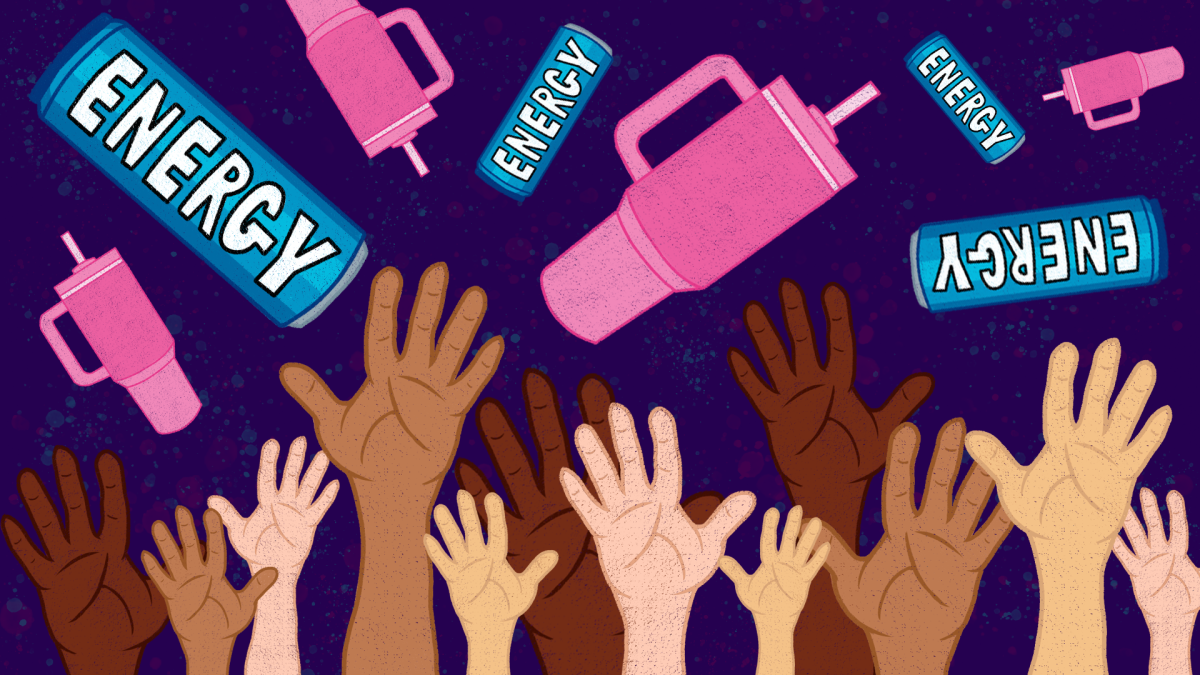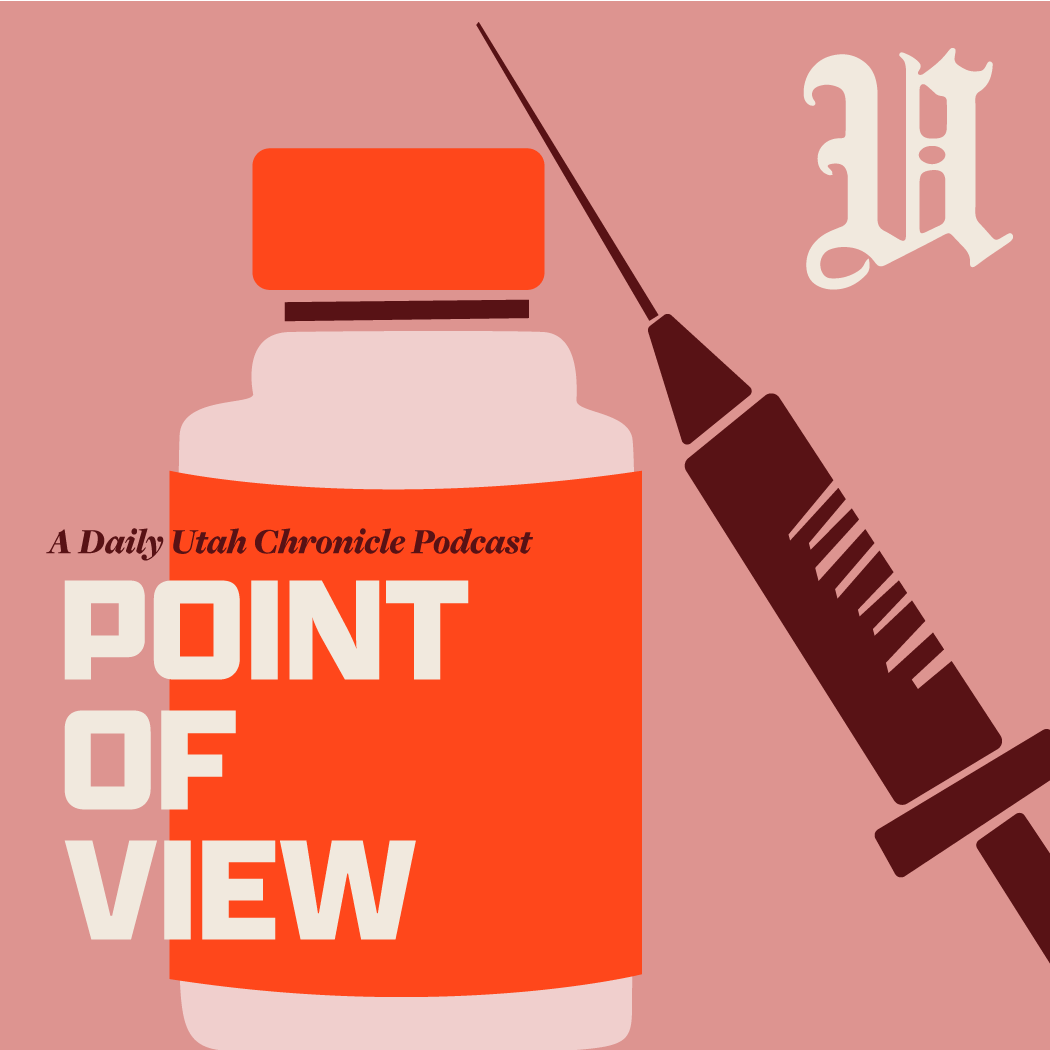Recent studies show severe distress is rising in young adults. A UK report found that from 2020 to 2021, young adults aged 18-24 reporting severe distress levels rose from 13.6% to 20.2%. This makes perfect sense — as a group, we’ve experienced some unforeseen circumstances that have led to significant changes in our social landscape. The pandemic, political unrest and economic troubles plague our current reality and our minds. At the same time that stress is skyrocketing, online trends of extreme optimism rise in tandem — i.e., Lucky Girl Syndrome.
Many have likened Lucky Girl Syndrome to older brands of learned optimism: think of books like “The Power of Positive Thinking” and “The Secret.” The bottom line is when we believe good things, good things come to us. But we live in a time when it’s easy to get carried away with coping mechanisms to a point where it can harm us, rather than help us.
Lucky Girl Syndrome is a sinister side effect of our current reality — we feel we must delude ourselves to feel pleasure or fulfillment in our lives. More and more, people are leaning on the power of escapism, mentally and emotionally. Through Lucky Girl Syndrome, people hope to flee current stressors in favor of a nicer reality that doesn’t exist.
Explaining Lucky Girl Syndrome
Lucky Girl Syndrome is the mindset that everything happens for the highest good. It’s similar to the Law of Assumption, which is the idea that if you believe good things are happening to you, they will begin to happen in actuality.
The term “Lucky Girl Syndrome” grew popular on TikTok after several users flaunted the fortune they received after implementing a more optimistic mindset. Influencer Laura Galebe popularized this thinking habit online.
“I just always expect great things to happen to me, and so they do,” she said in one of her videos. She went on to talk about how she always verbally expresses how lucky she is, and that leads to incredible opportunities coming her way.
Some aspects of the mindset are legitimate. Lucky Girl Syndrome is a rebranding of an observed psychological phenomenon called belief effects, or confirmation bias. When we believe something about ourselves or the world around us, we tend to exclusively notice phenomena that support those beliefs. So, if you believe you’re the luckiest person on earth, you’ll mostly notice all the lucky things that happen to you to reaffirm your complex.
What it Means
A similar problem appears on another side of the internet: the relentless gym-rat, self-improvement digital hole that many young adults fall down. When young people are interested in self-improvement through the gym, a whole new digital world opens up to them. Phrases like “No one wants it more” and “You must break the pattern today or the loop will repeat tomorrow” indoctrinate users with the exaggerated idea that fortune will come to them if only they try hard.
But something sinister lies beneath this glamor of self-assurance. This concept is pushed so forcefully that it takes over their lives and their psyche as if they can drastically change their lives by obsessing over a mindset. There’s nothing wrong with the mindset, but it must be balanced. A constant need to self-improve can lead to resentment if changes don’t happen fast enough, or at all.
The same problem is inherent to Lucky Girl Syndrome. Hard times are inevitable, and delusional optimism doesn’t solve that. When we put so much faith into a mindset that cannot change our external circumstances, we subject ourselves to premeditated resentment.
The Caveat
Choosing to embody a more optimistic mindset is not inherently a bad thing. In fact, psychology shows it’s rather healthy. But Lucky Girl Syndrome employs a level of delusion that can easily become a deception. It can lead people to believe we must confine ourselves to our most optimistic delusions and daydreams to feel any sort of favor or fortune.
While positive thinking and optimism are good attributes that create resilience, the idea that we must be delusional to live well is untrue. Living in a constant state of optimism, even when you don’t feel it, is exhausting and disingenuous. It’s okay to feel downtrodden — it’s one of the many experiences that fulfill our emotional lives. We shouldn’t have to fake good feelings to feel like our lives are good.
To maintain a healthy sense of optimism, it’s important to realize where in our lives we are unsatisfied. To be optimistic is to choose to see the bright side of things while still acknowledging the bad. Lucky Girl Syndrome ignores or hates the bad, instead of accounting for balance. But when we account for the good and the bad, we’re not escaping or living in delusion. We are living fully.



















